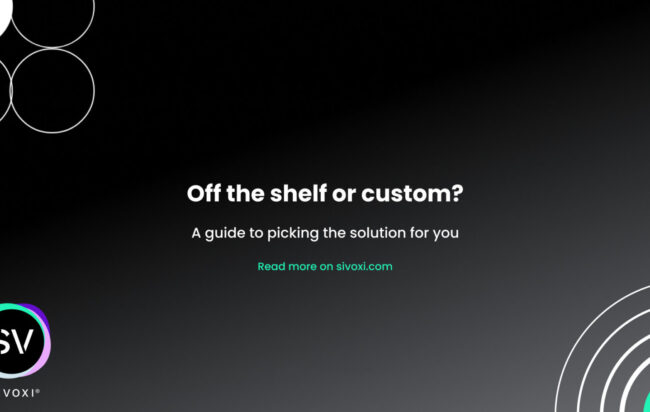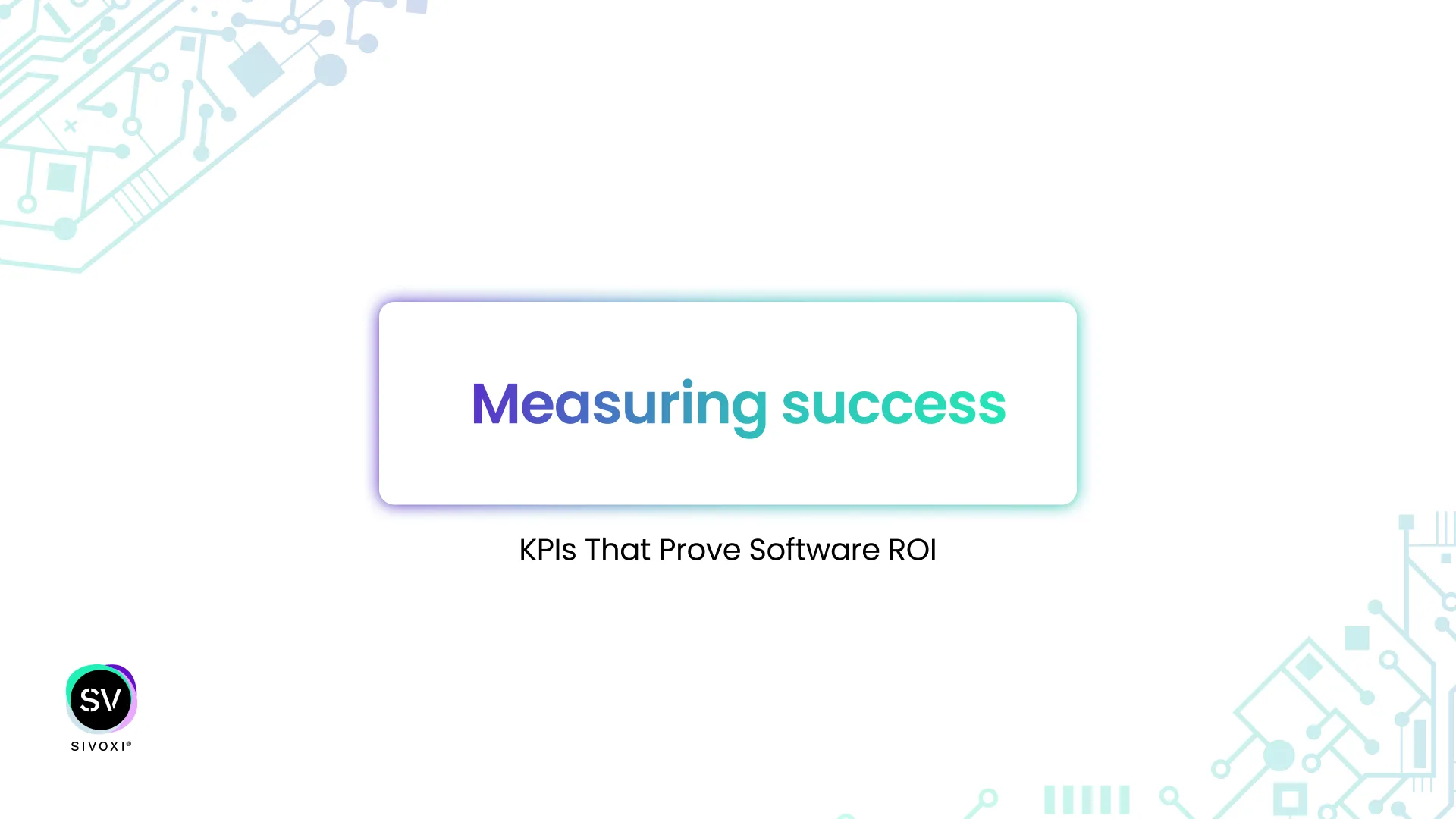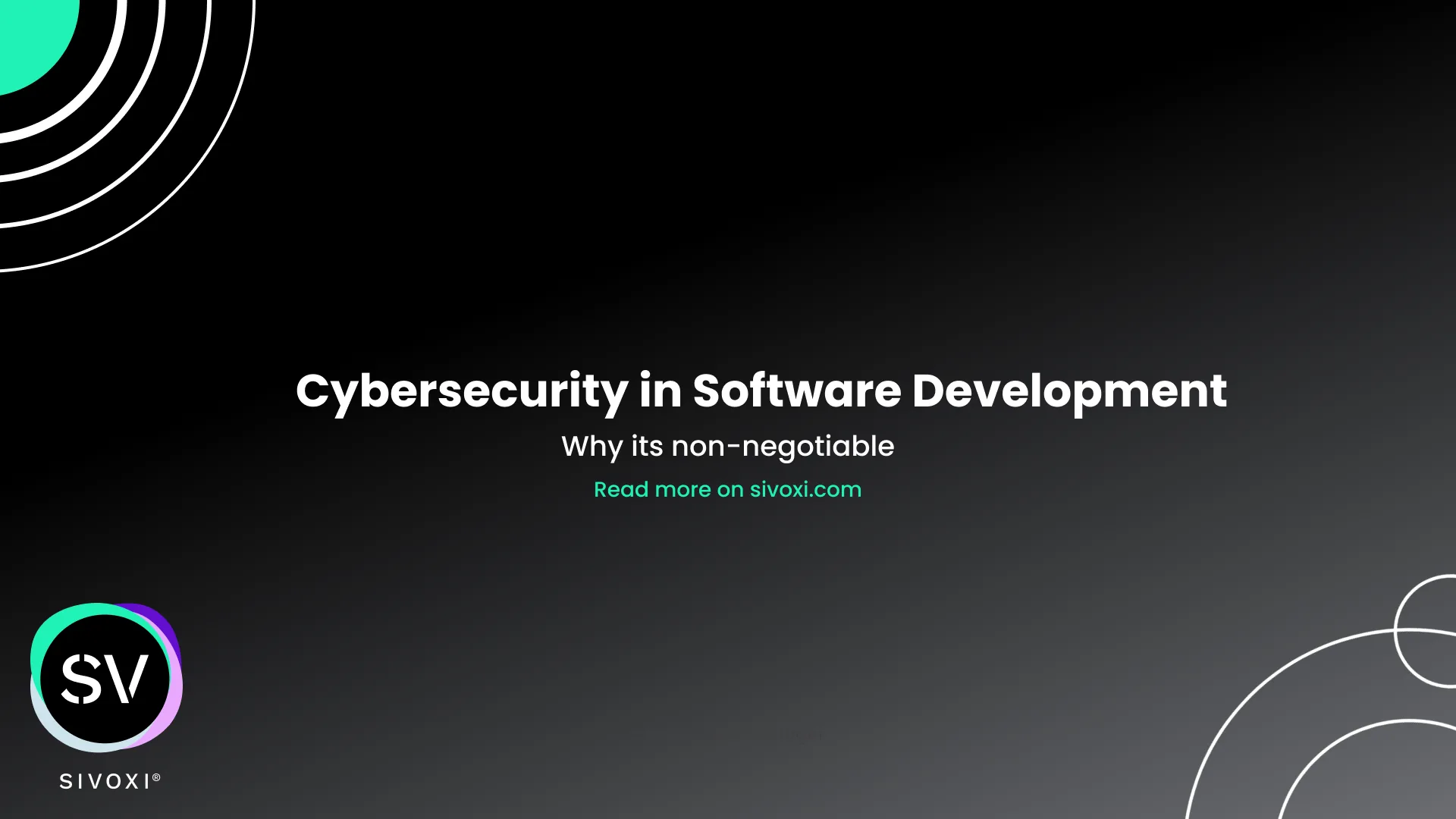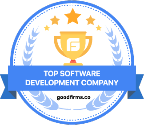Understanding SaaS: Off-the-shelf solutions
Accessibility and affordability
SaaS platforms offer turnkey solutions accessible through a web browser, requiring minimal setup and maintenance. For businesses looking to streamline operations without hefty upfront costs, SaaS is a budget-friendly option. Subscription-based models mean predictable monthly expenses, eliminating the need for large capital investments.
Scalability and flexibility
One of the biggest advantages of SaaS is its scalability. As your business grows, SaaS platforms can effortlessly accommodate increased demand without the need for extensive reconfiguration. Additionally, most SaaS solutions offer flexible subscription plans, allowing you to scale services up or down based on your current needs.
Time to market
SaaS solutions typically have shorter implementation times compared to custom development, allowing you to deploy new tools and functionalities quickly. This agility can give your business a competitive edge by allowing you to adapt to market changes rapidly.
The case for custom solutions: Tailored to perfection
Unmatched customisation
While SaaS platforms offer convenience, they may lack the specific features and functionalities your business requires. Custom solutions, on the other hand, are built from the ground up to address your unique needs and workflows. This level of customisation can enhance efficiency and productivity, leading to a significant competitive advantage.
Integration and compatibility
Seamless integration between systems is crucial. Custom solutions provide the flexibility to integrate with existing software and infrastructure seamlessly. This interoperability ensures that your various systems work in harmony, eliminating data silos and streamlining operations.
Data security and compliance
For businesses operating in highly regulated industries or handling sensitive data, security is paramount. Custom solutions offer greater control over data security measures, allowing you to implement robust encryption protocols and access controls tailored to your specific requirements. This level of customisation can ensure compliance with industry regulations and protect your business from potential data breaches.
Finding the right fit
Ultimately, the decision between SaaS and custom solutions hinges on your business’s unique needs, priorities, and long-term goals. Before making a choice, consider the following:
- Assess your requirements: Evaluate your business processes, scalability needs, and budget constraints to determine which solution aligns best with your objectives.
- Consult with experts: Seek guidance from IT professionals or consultants who can provide insights tailored to your industry and business model.
- Trial and test: Take advantage of free trials or demos offered by SaaS providers to assess usability and functionality before making a commitment.
- Long-term vision: Consider how your technology choices align with your long-term growth strategy. While SaaS may offer immediate benefits, custom solutions can provide a competitive edge in the long run.
Both SaaS and custom solutions have their merits, and the ideal choice depends on your business’s unique circumstances. By understanding the strengths and limitations of each option, you can make an informed decision that propels your business toward success in the digital age.











